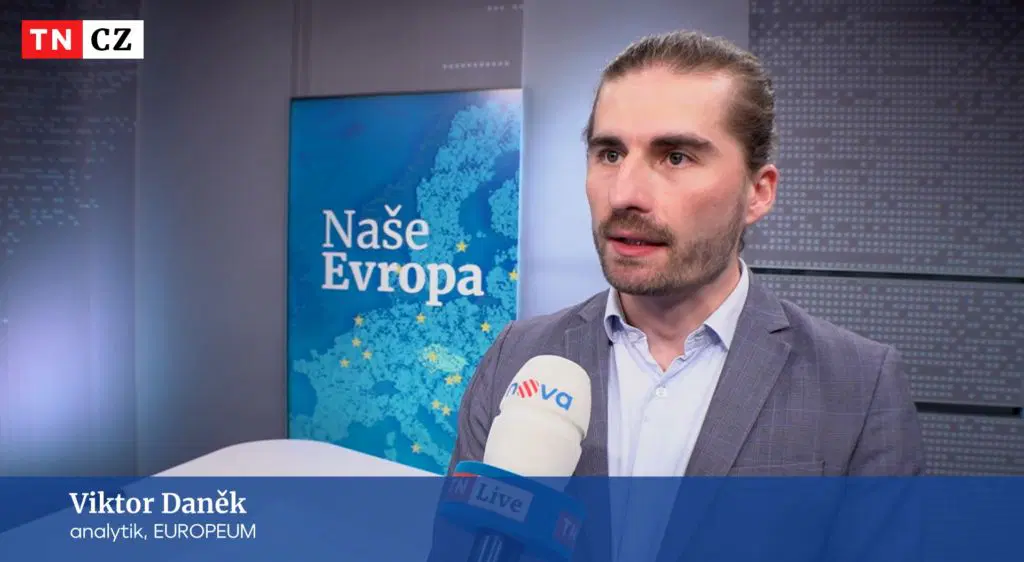TN.cz | Migration Pact: A yay or nay? Public opinion is divided

Only 13% of people said they had a rough idea of what the migration pact would bring. Even when we then presented the advantages and disadvantages of the migration pact, it turned out that the public was divided on whether the migration pact could help against the current situation or not. It turns out that, in principle, people did not have a strong, settled opinion about it until the very end, and they are only now forming that opinion on the basis of the arguments that are being made in the election campaign.
It turns out that the majority of people, about two-thirds of those questioned, have this confidence in the allies. On the other hand, a third of those questioned doubt it. Women were slightly more likely to highlight this, whereas in the case of the younger generation of respondents we see that they have more confidence in the ally. In the long term, we also see that the main concern is from Russia when it comes to foreign threats.
You can listen to the input on the North Atlantic Alliance and subsequently the migration pact in the European Parliament candidates' debate at 17:34 and 47:48 here.





